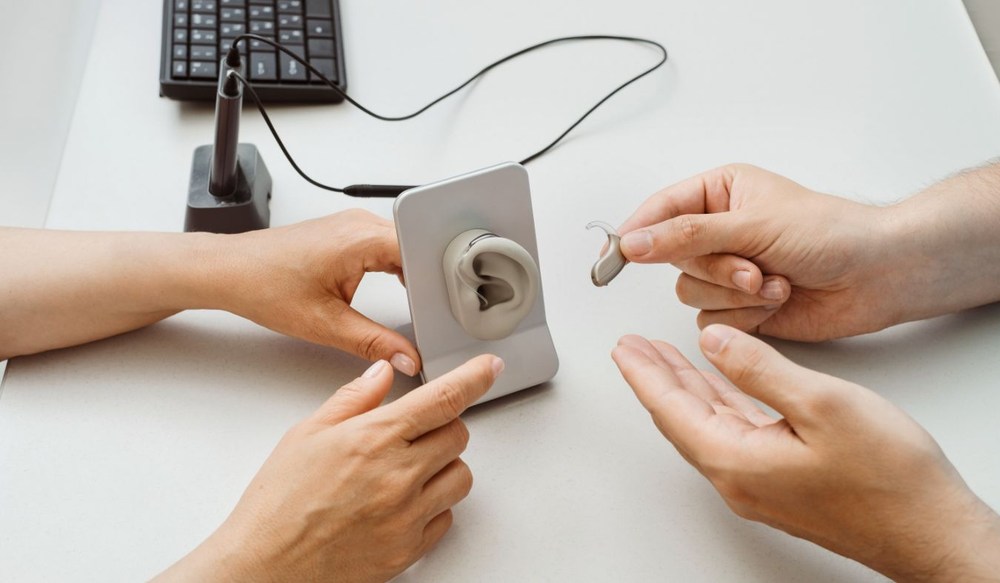The Impact of Hearing Aid Design on Wearer Comfort
The design of a hearing aid affects more than just how it looks. It
We Are Proud to be a VA Provider! SCHEDULE TODAY


The design of a hearing aid affects more than just how it looks. It

Nothing beats summer’s outdoor possibilities. Whether you’re

Hearing tests have come a long way from the basic “raise your hand